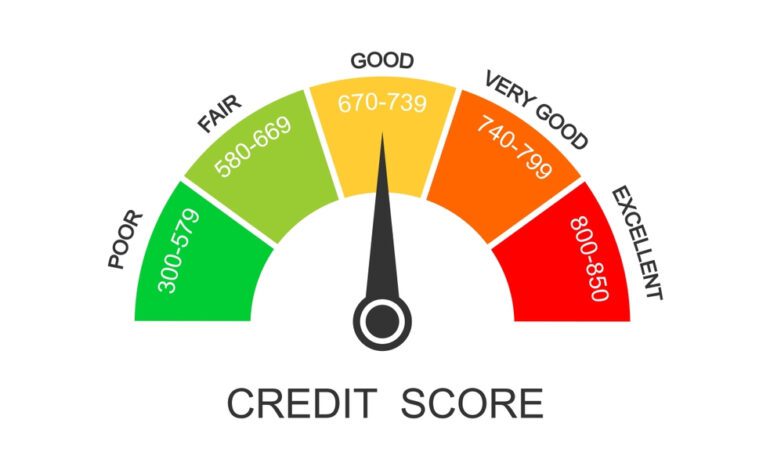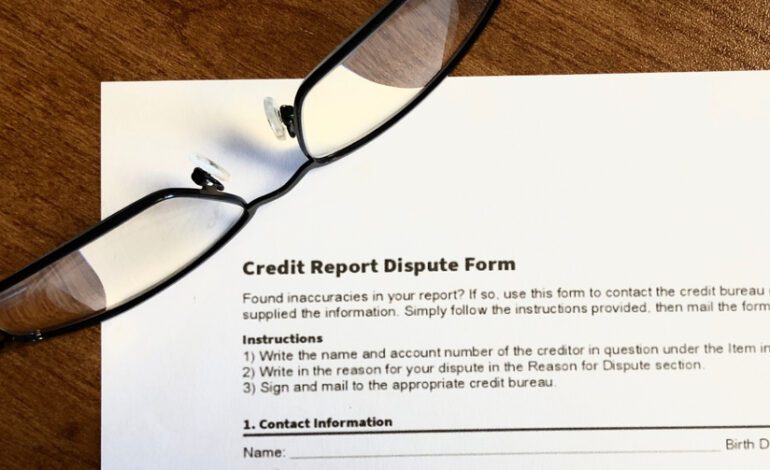Credit Score Ranges: Decoding Good, Fair, and Poor Scores

Your credit score, a three-digit number, is a quick snapshot of your financial reliability. But what do these numbers actually mean? How do lenders interpret a score of 650 versus one of 750? Let’s break down the typical credit score ranges and what they signify.
1. The Basics of Credit Score Ranges
Credit scores typically range from 300 to 850. While there are various scoring models, the FICO score is one of the most commonly used. Here’s a general breakdown:
- 300 – 579: Poor
- Individuals in this range may face difficulties in getting approved for credit. If approved, they might be required to pay higher interest rates or provide a deposit.
- 580 – 669: Fair
- This range is below the average score of U.S. consumers. Those with scores in this bracket are considered subprime borrowers and might get credit at higher interest rates.
- 670 – 739: Good
- People in this range are considered to be reliable borrowers. They often qualify for a broader range of products and enjoy reasonable interest rates.
- 740 – 799: Very Good
- Consumers in this bracket often receive better-than-average interest rates from lenders.
- 800 – 850: Exceptional
- This is the golden range. Individuals with scores in this bracket are at the pinnacle of creditworthiness and often enjoy the best rates and terms.
2. Factors Influencing Your Range
Several elements determine where you fall in these ranges:
- Payment History: Timely payments can significantly boost your score, while late payments can drag it down.
- Credit Utilization: High balances relative to your credit limit can negatively impact your score.
- Length of Credit History: A longer credit history can be beneficial.
- Types of Credit: A mix of credit types, like credit cards and installment loans, can be favorable.
- Recent Credit Activity: Multiple new accounts or inquiries can temporarily lower your score.
3. Why Your Range Matters
Your credit score range can influence various aspects of your financial life:
- Loan Approval and Rates: Those with higher scores are more likely to get approved for loans and receive lower interest rates.
- Rental Applications: Landlords might check credit scores to determine if you’re a reliable tenant.
- Insurance Premiums: Some insurers use credit scores to set auto and home insurance premiums.
- Job Opportunities: Certain jobs, especially in the financial sector, might require a credit check.
4. Improving Your Range
If you’re unsatisfied with your current range, don’t despair. By paying bills on time, reducing outstanding debt, and being cautious about opening new credit accounts, you can gradually improve your score.
Conclusion
Understanding credit score ranges is more than just knowing where you stand. It’s about recognizing the opportunities and challenges associated with each range. With knowledge and proactive financial habits, you can aim for and achieve a healthier credit score, unlocking better financial prospects.










